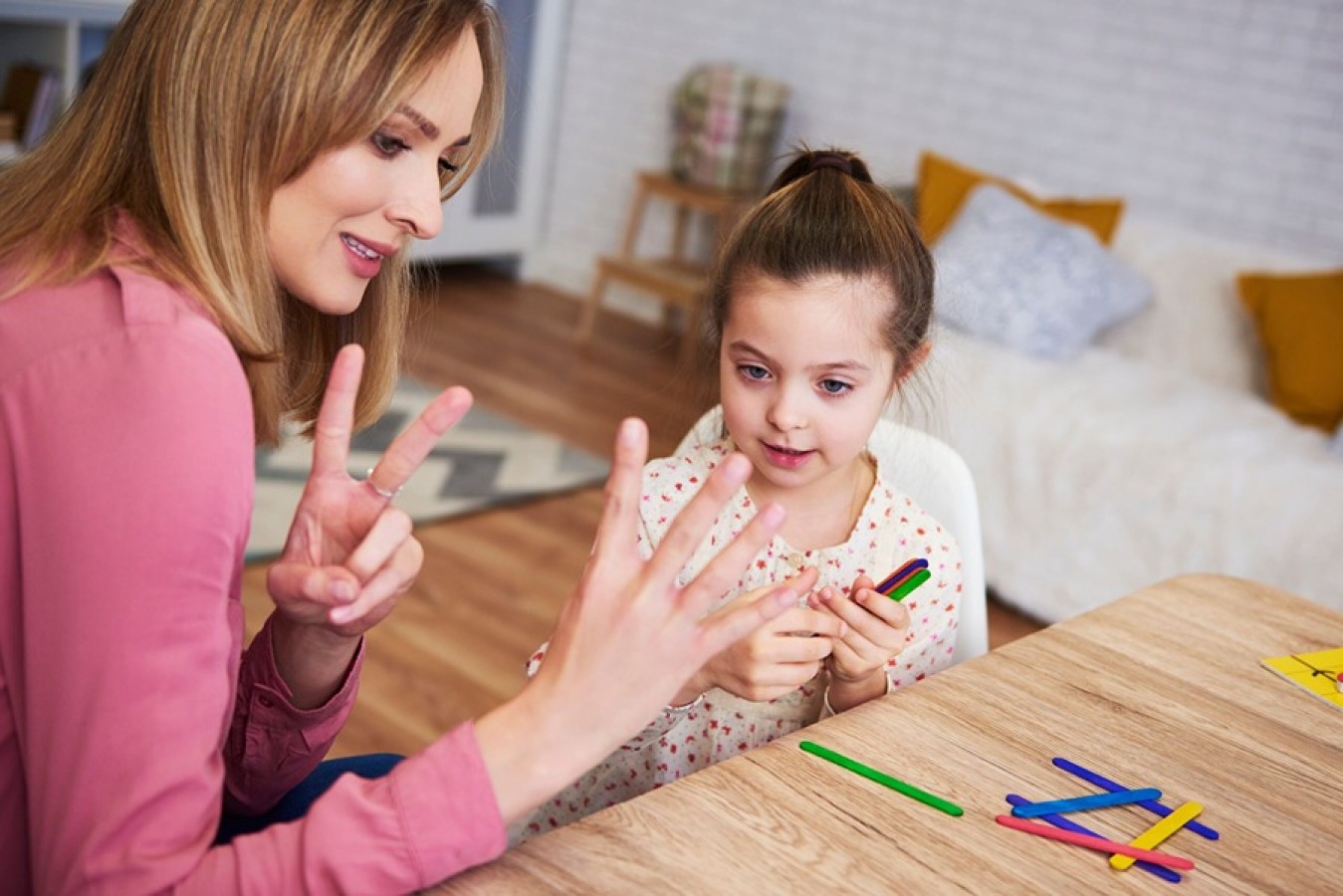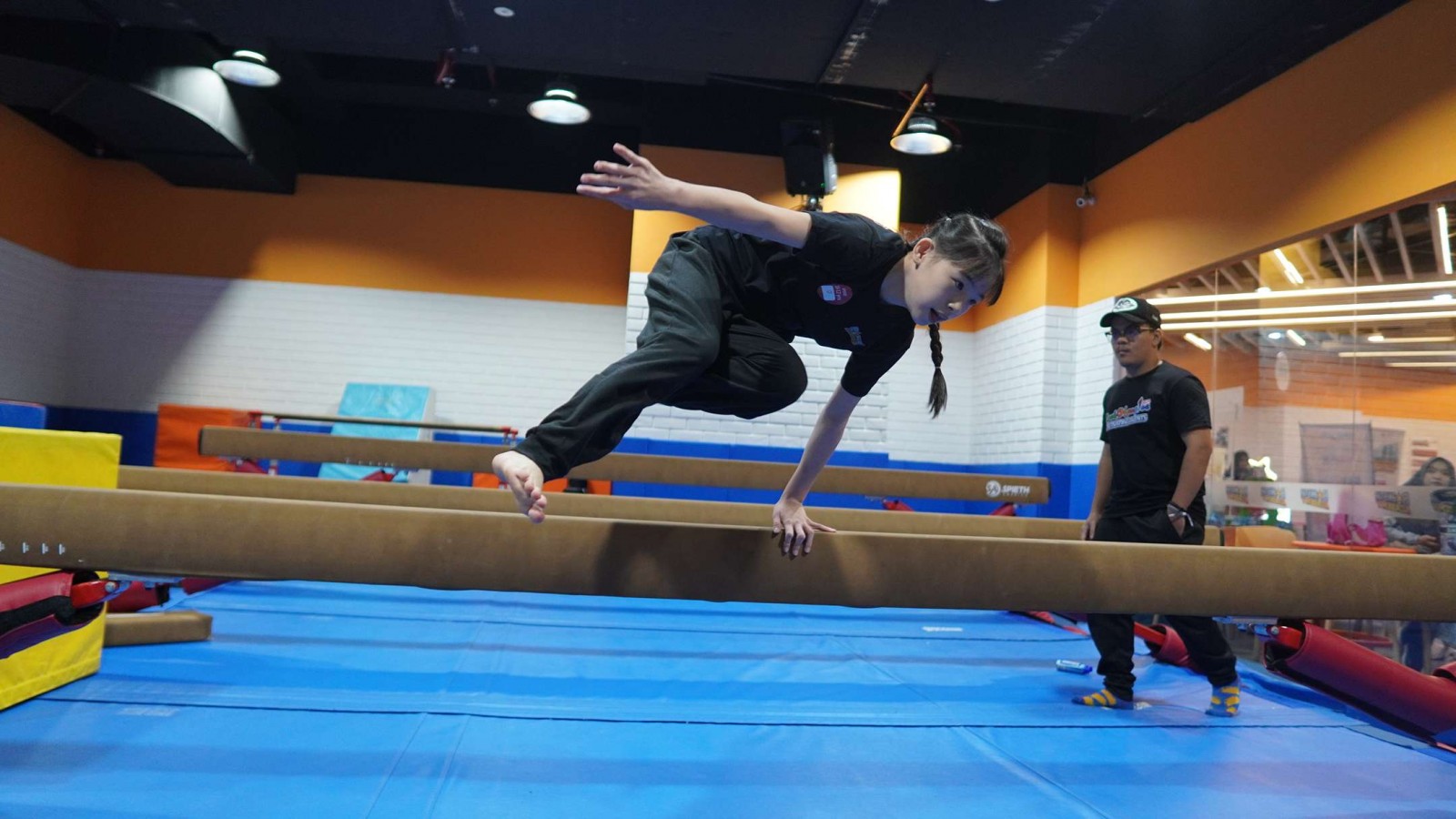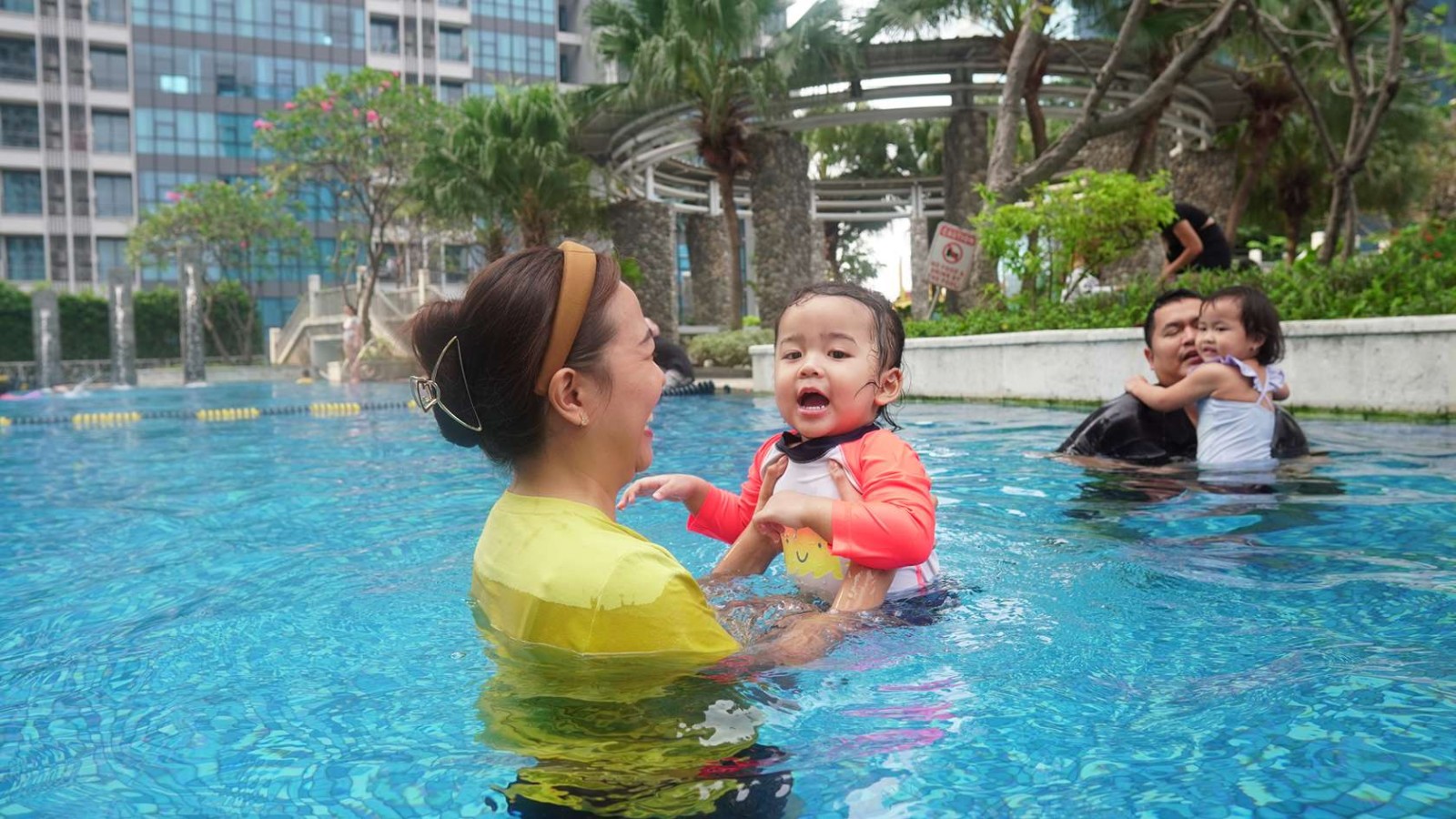Mathematics for Kindergarten: Here Is What Parents Should Know

The foundation for a child's academic success is often laid during their early years, and one crucial aspect of this foundation is mathematical development. Mathematics for kindergarten plays a pivotal role in shaping a child's cognitive abilities and problem-solving skills.
Kindergarten serves as the gateway to a world of numbers, shapes, and patterns that form the building blocks for future academic success. In this article, we will explore the key aspects of learning math in kindergarten and offer insights for parents to support their child's mathematical journey.
What Will Your Child Learn at School?
Kindergarten marks a crucial time in a child's development, laying the groundwork for future academic success. In the early years of formal education, your child will embark on a journey of discovery and understanding in various mathematical domains. The foundational concepts covered in kindergarten mathematics include:
1. Number & Place Value
Kindergarteners begin by exploring the world of numbers, learning to count and recognize numerals. Understanding the concept of place value sets the stage for more advanced mathematical concepts in the future.
2. Addition & Subtraction
Basic addition and subtraction skills are introduced through hands-on activities, games, and simple real-life scenarios. These fundamental operations are crucial for building problem-solving skills.
3. Multiplication & Division
While kindergarten primarily focuses on foundational skills, some exposure to the concepts of multiplication and division may occur through activities that involve grouping and sharing items.
4. Fractions
While not delving deeply into fractions, kindergarteners may encounter simple ideas of part-whole relationships. Concepts like dividing a whole into halves or quarters may be introduced in an age-appropriate manner.
5. Geometry
Shapes become a central theme in geometry lessons. Identifying, describing, and manipulating basic geometric shapes, such as circles, squares, triangles, and rectangles, lays the groundwork for spatial awareness.
6. Measurement
Kindergarteners explore the concept of measurement through comparisons. They learn about length, height, weight, and capacity using everyday objects, fostering an understanding of basic measurement units.
How Do Parents Teach Children About Math?
Teaching children about math is a rewarding and engaging process that parents can seamlessly incorporate into everyday activities. Here are some effective ways for parents to instill a love for math in their children:
1. Start with Counting
Begin by introducing counting in a sequential and repetitive manner. Count everyday items like toys, books, or fingers. Create counting routines during daily activities, such as counting steps while walking or counting items during mealtime. Gradually progress to counting backward and forward to enhance comprehension.
2. Use Pictures
Visual aids are powerful for young learners. Introduce number cards with corresponding images to help children associate numbers with quantities. For example, show the number 3 alongside three apples. This visual reinforcement enhances understanding and facilitates a smooth transition from concrete to abstract concepts.
3. Make Flashcards
Flashcards are versatile tools for reinforcing math concepts. Create flashcards with numbers, simple equations, or groups of objects. Use them for quick, interactive sessions, asking your child to identify numbers or solve basic math problems. Flashcards make learning engaging and can be customized to focus on specific skills.
4. Make Math Fun
Infuse enthusiasm into math activities by turning them into enjoyable experiences. Incorporate math into games, songs, or playful competitions. For instance, create a counting song or turn a simple counting activity into a game of "Who can find the most items?". Making math enjoyable fosters a positive attitude towards learning.
5. Use Hands-On Teaching Tools
Tangible objects and hands-on tools provide a multisensory approach to learning math. Introduce counting beads, building blocks, or measuring tools. For addition and subtraction, use objects to physically represent the concepts. Manipulating these tools helps children internalize mathematical ideas through touch and movement.
6. Play Math Games
Engage in interactive games that make learning math an enjoyable experience. Board games like "Count and Move" or card games that involve matching numbers can be both entertaining and educational. Incorporate digital math games designed for young learners to add a technological dimension to play-based learning.
7. Use Everyday Objects
Integrate math into daily life by involving your child in practical, real-world activities. Measure ingredients together while cooking, sort laundry based on colors or sizes, or count items during grocery shopping. By connecting math to everyday experiences, children see its relevance and application in the world around them.
Embark on a Journey of Numbers!
As parents, actively participating in your child's mathematical journey during the kindergarten years sets the stage for a positive attitude towards learning and problem-solving. Mathematics for kindergarten is not just about numbers, it's about building a solid cognitive foundation for a lifetime of learning.
Ready to unlock your child's potential in a world where learning meets fun? Experience the magic firsthand with Rockstar Academy's programs of our early childhood program. As a leading Sports & Performing Arts Academy, we believe in fostering holistic development from a young age.
Our early childhood program is meticulously designed to provide a perfect blend of education and enjoyment, setting the stage for a lifetime of learning. Sign up for Rockstar Academy's free trial today and witness the beginning of a remarkable educational journey for your child!
FAQ
1. How to teach math to a 5 year-old?
Start with counting activities using everyday objects like toys or snacks. Make it interactive and fun to capture their interest. Use visual aids, such as number cards or counting charts, to reinforce numerical concepts.
2. How can I improve my 5 year-old's math skills?
Engage in daily counting activities, use visual aids like number cards and counting beads, play math games, incorporate math into everyday routines, and explore hands-on activities with shapes and patterns. Keep it fun and interactive to foster a positive attitude towards math learning.



